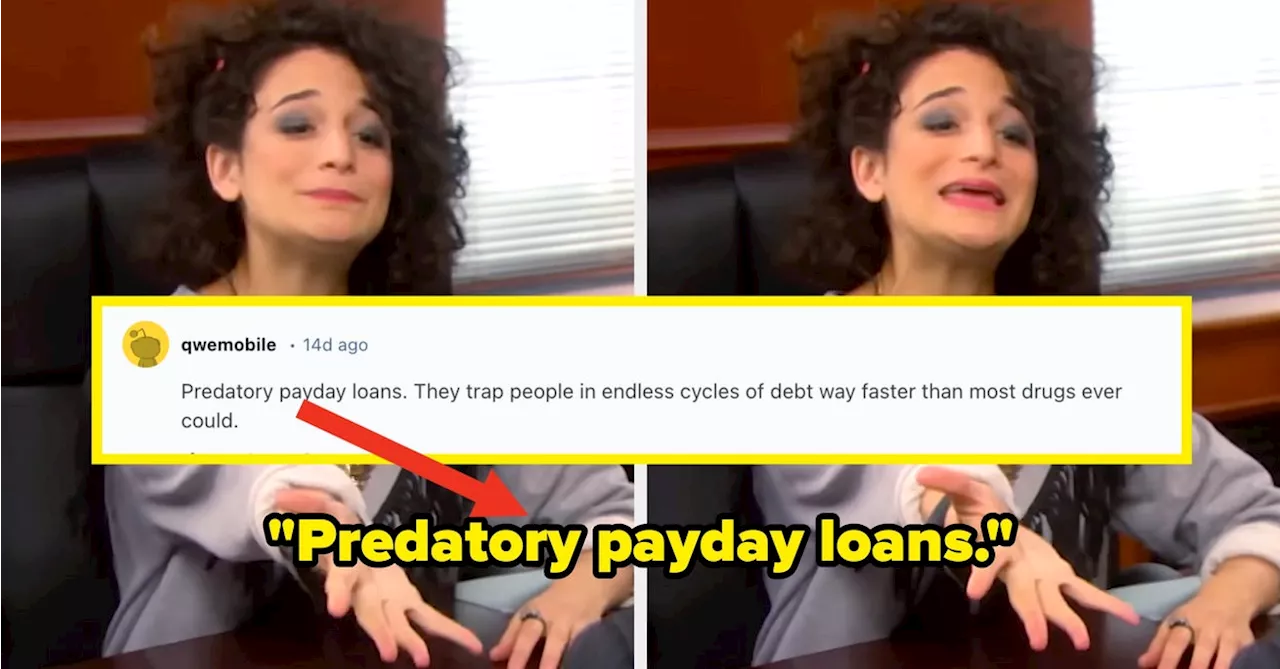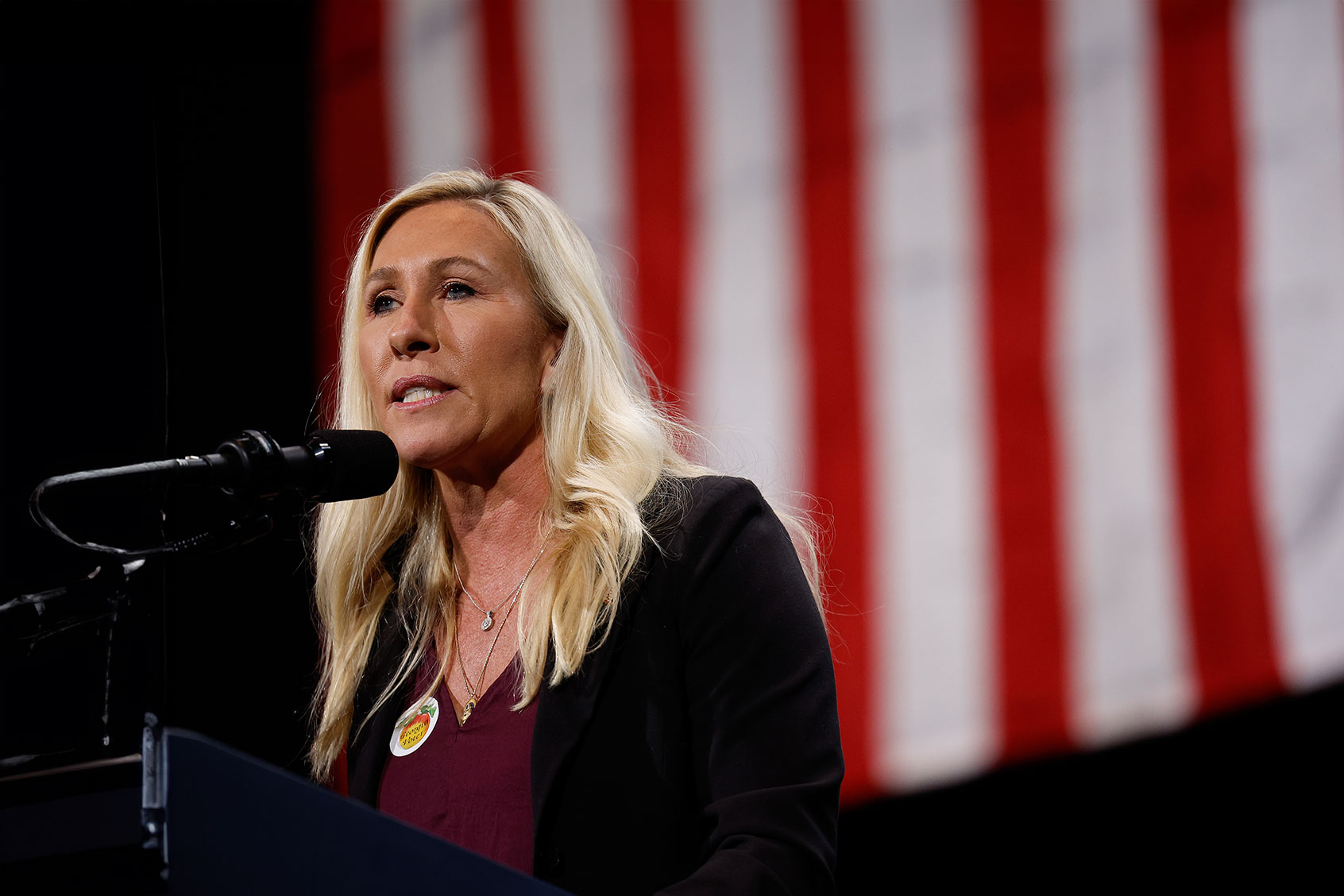Senatorial candidate Graham Platner is facing scrutiny over his social media history and a tattoo, which critics claim may jeopardize his campaign. Platner has acknowledged past posts on Reddit, describing them as “indefensible.” He attributes these comments to struggles with PTSD during his twenties to mid-thirties, a period he now recognizes as pivotal in his personal development. He has since issued an apology for the content.
The tattoo in question, a skull and crossbones, was acquired at the age of 22 while he was stationed in Croatia with fellow servicemen. Platner insists he was unaware that it bore associations with Nazi symbolism at the time and has since taken steps to cover it up. To date, there is no evidence suggesting he has ever held Nazi sympathies.
Supporters argue that the backlash against Platner reflects a broader issue in the political landscape, particularly regarding the evaluation of younger candidates. Many voters are calling for more youth representation in government, which requires a willingness to overlook past indiscretions that may surface from social media histories.
Voter Perspectives on Purity Tests
In a letter published by the Bangor Daily News, Mount Desert resident Elaine Shute voiced her support for Platner. She emphasized that while he may not be perfect, what matters more are a candidate’s current values and policies. Shute criticized what she termed “purity tests,” which often disqualify candidates based on their past mistakes rather than their present qualifications.
Shute urged voters to focus on Platner’s current platform rather than sensationalized headlines. She encouraged constituents to explore his campaign website, stating, “You may like what you read. I did.”
As the election approaches, candidates like Platner are navigating complex narratives about their pasts, which could significantly influence voter perceptions. The conversation surrounding Platner’s candidacy raises important questions about how society evaluates the growth and redemption of individuals entering public office.
The need for a more inclusive political landscape requires voters to engage with the full stories of candidates, fostering a more nuanced understanding of their journeys.







